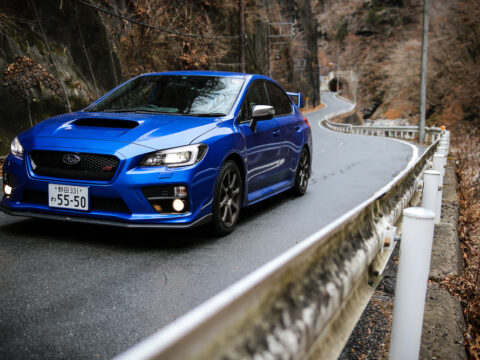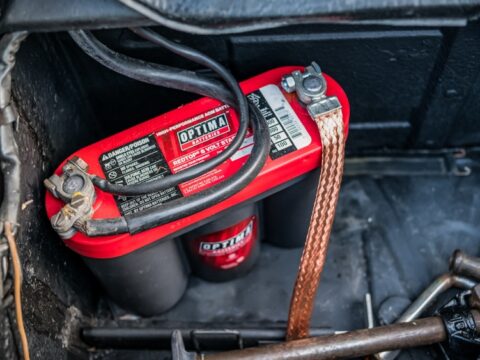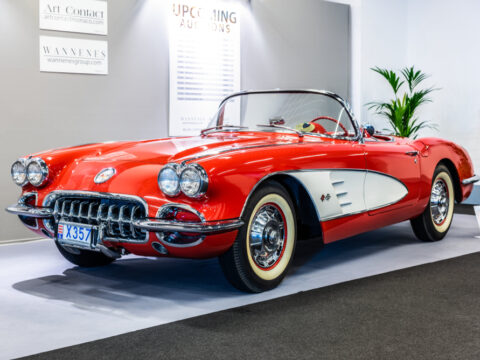When it comes to luxury cars, there’s no shortage of misconceptions. From exaggerated maintenance costs to assumptions about fuel efficiency, many of these beliefs just aren’t based on facts. In this article, we’ll clear up 15 common myths about luxury cars that simply aren’t true. Let’s set the record straight.
Contents
Luxury cars are only for the wealthy.
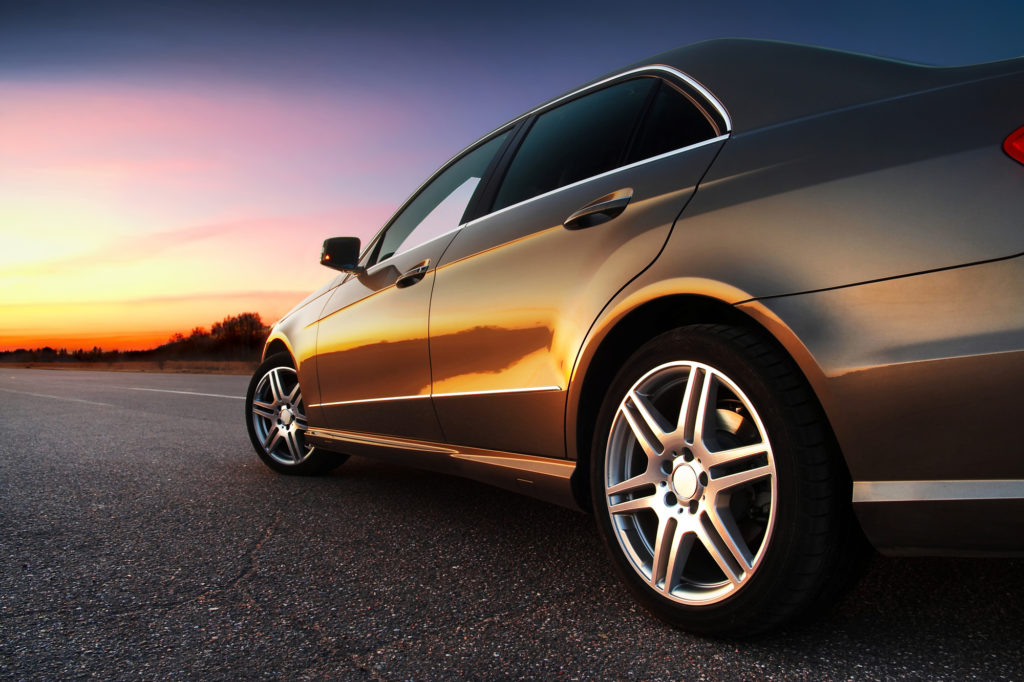
Luxury cars are no longer reserved solely for the ultra-wealthy. With financing options, leases, and certified pre-owned luxury vehicles, many luxury cars are more accessible to middle-income buyers. Brands like Lexus, Audi, and BMW offer entry-level models at prices comparable to some high-end standard vehicles, making luxury within reach for more people.
Luxury cars always have higher insurance rates.

It’s often assumed that insuring a luxury car comes with sky-high premiums. However, insurance rates are determined by several factors, including the car’s safety features, driver history, and location. Many luxury cars have advanced safety technology, which can lower insurance costs by reducing accident risks.
Luxury cars are unreliable and break down easily.
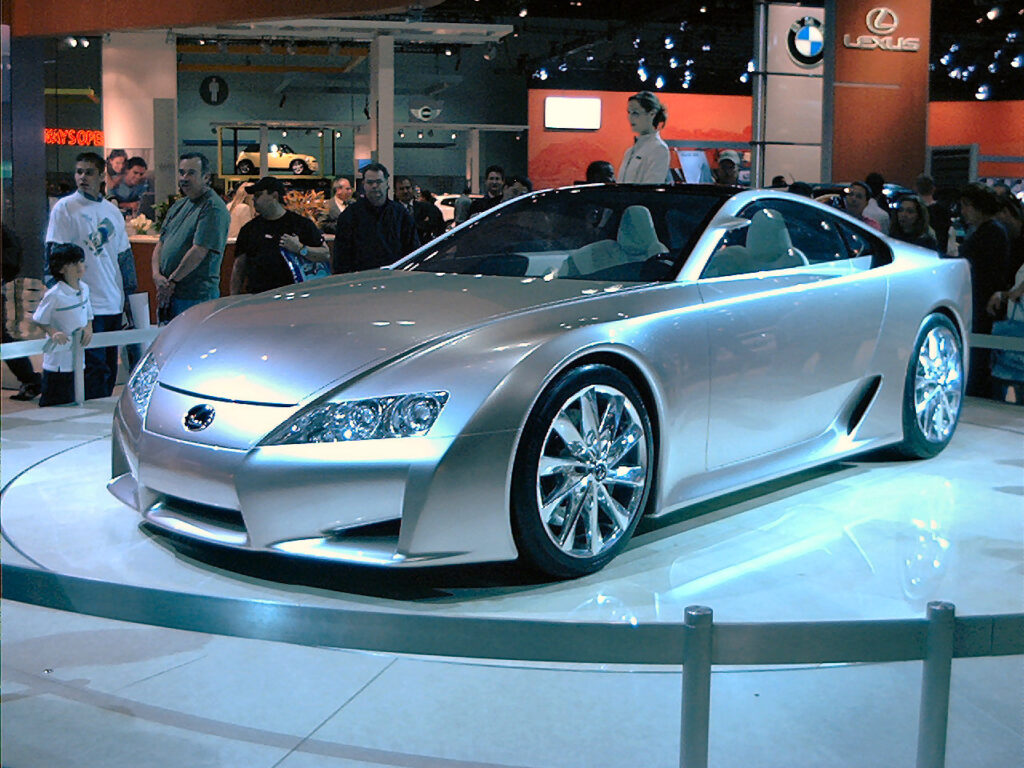
Modern luxury cars are built with high standards of craftsmanship and precision, making them incredibly reliable. Brands like Lexus and Porsche consistently rank highly in reliability surveys. Regular maintenance and care can extend the life of a luxury vehicle, just like any other car.
All luxury cars require premium fuel.
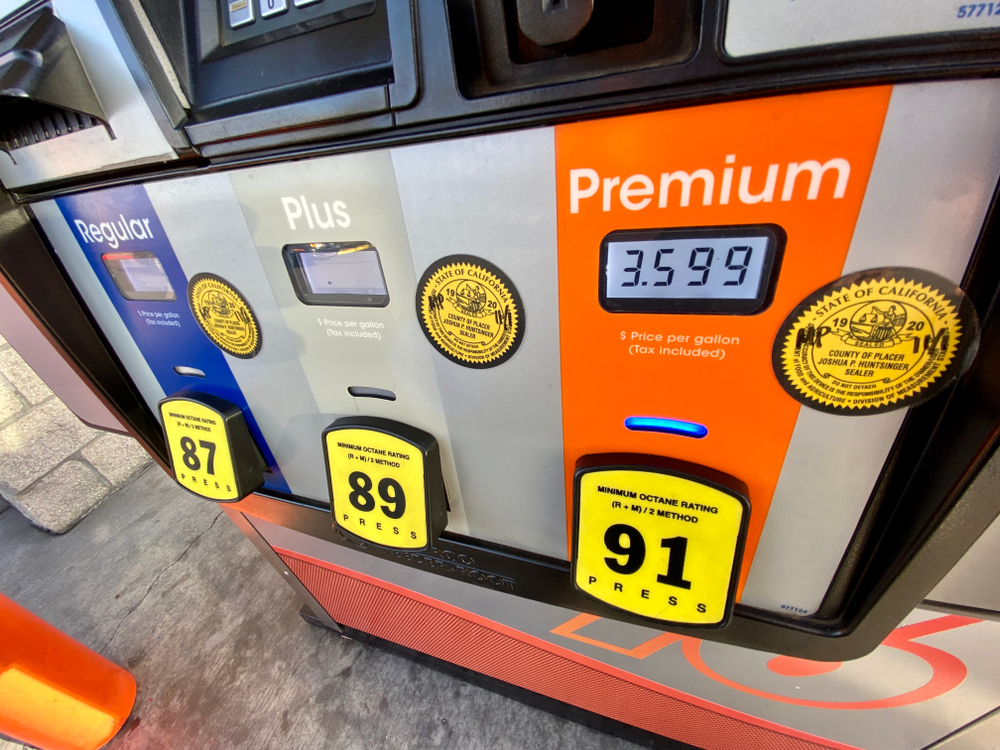
While some high-performance luxury cars do require premium fuel, many do not. Several luxury car brands offer models that run efficiently on regular gasoline, so this misconception isn’t universally true. Always check the owner’s manual for the manufacturer’s recommendation.
Luxury cars are gas guzzlers.
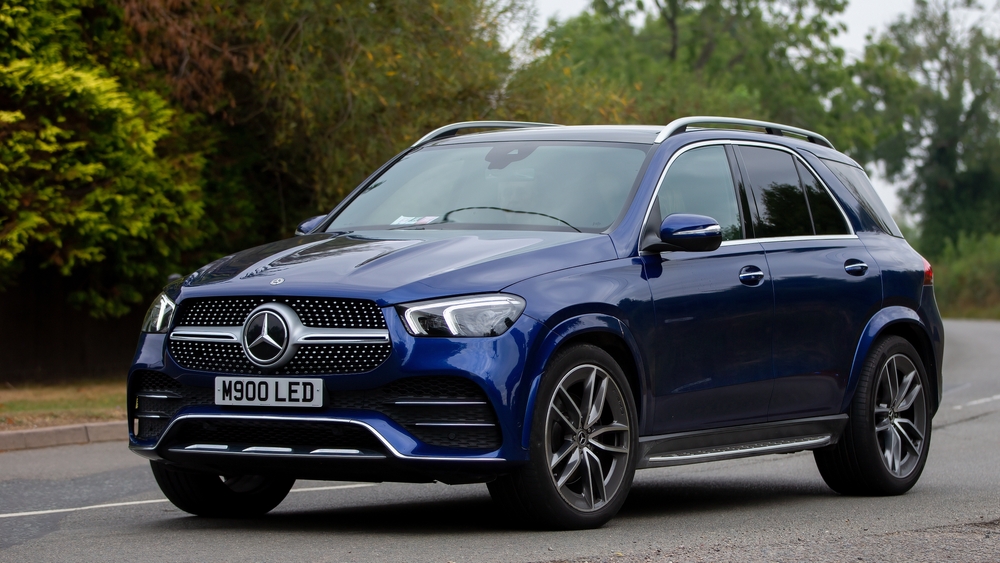
Not all luxury cars are fuel-inefficient. In fact, many brands now prioritize fuel efficiency, offering hybrid or electric models that reduce fuel consumption. Tesla, Mercedes-Benz, and BMW offer luxury electric vehicles (EVs) with excellent mileage and eco-friendly features.
Maintenance for luxury cars is unaffordable.
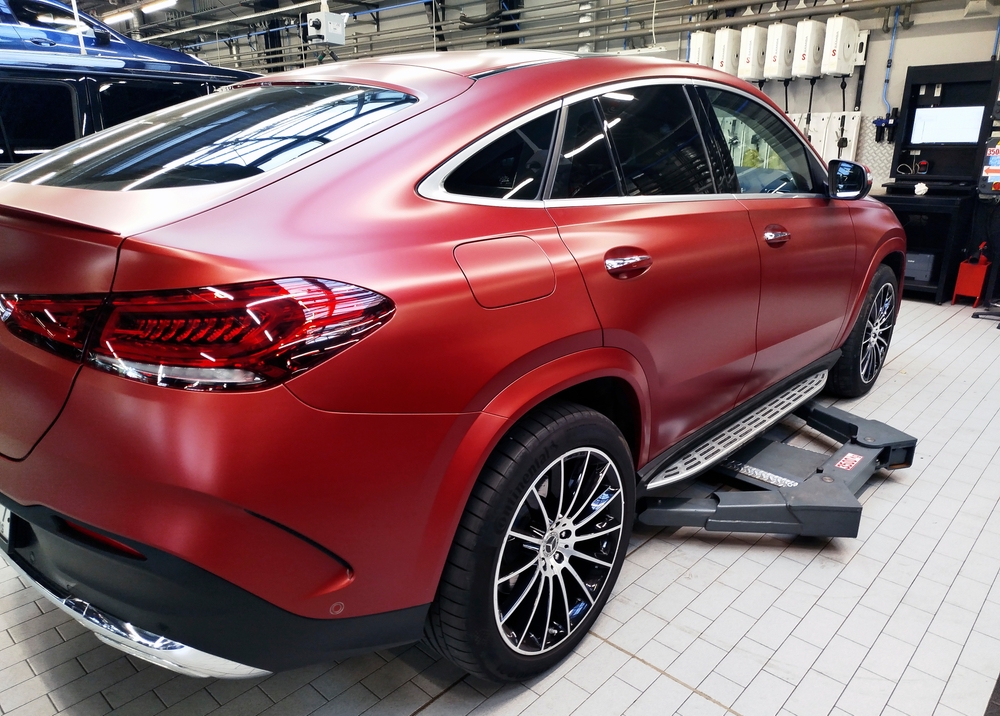
While luxury cars can have higher maintenance costs due to advanced engineering and high-quality parts, many brands offer maintenance packages that cover regular servicing for several years. Additionally, certified pre-owned programs often include warranties, making upkeep more affordable.
Luxury cars are difficult to drive.
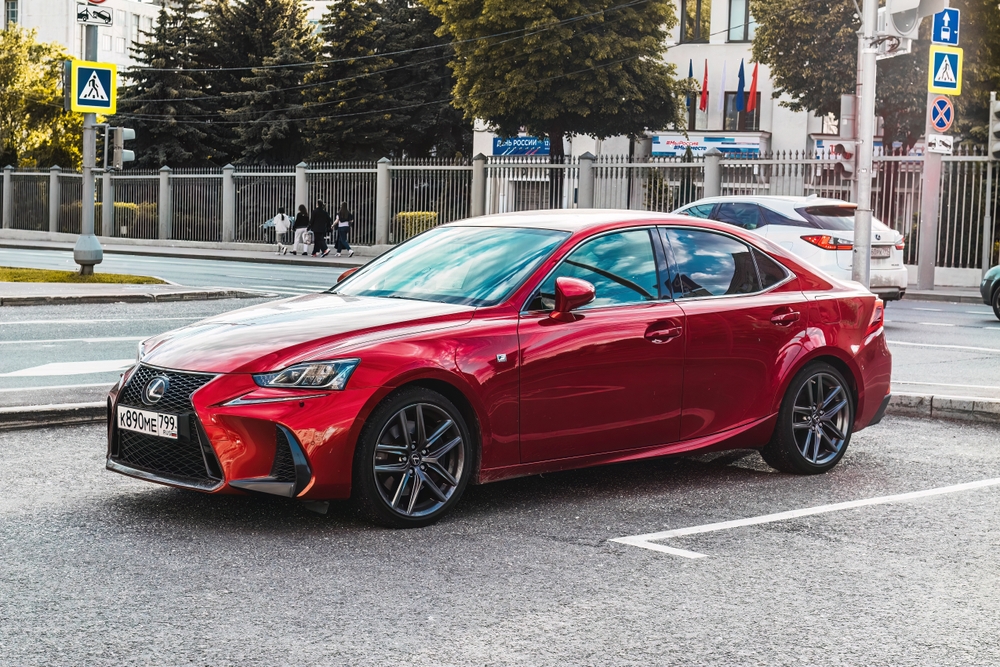
Luxury cars are often designed with the driver’s experience in mind, making them easy and comfortable to operate. Features like adaptive cruise control, parking assistance, and customizable driving modes allow drivers to tailor their experience, making driving effortless, even for beginners.
Luxury cars depreciate faster than regular cars.
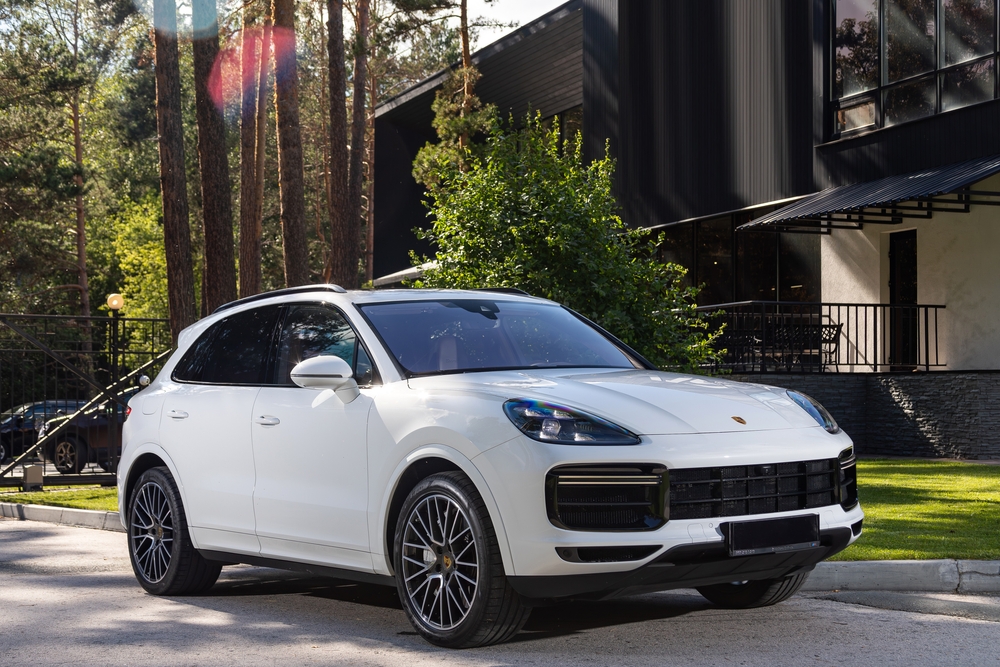
While some luxury cars may experience depreciation, many models hold their value quite well over time. Brands like Porsche, Mercedes-Benz, and Lexus often maintain a higher resale value compared to non-luxury counterparts due to their reputation for quality and reliability.
Only European brands make true luxury cars.
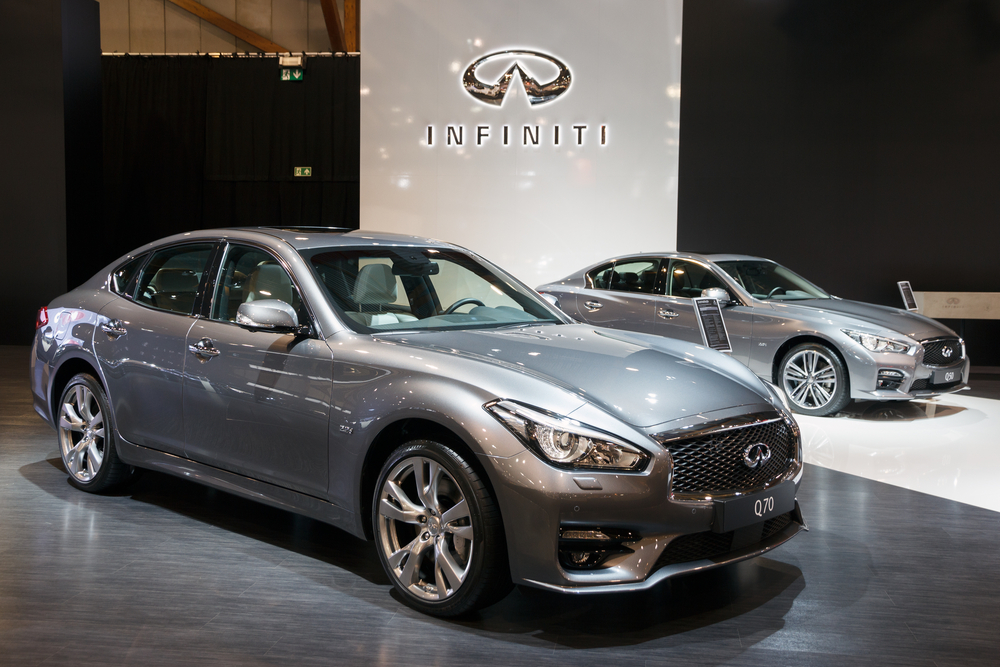
Though European brands like Mercedes-Benz, BMW, and Audi dominate the luxury car market, there are top-notch luxury vehicles from other regions. Lexus, Infiniti, and Acura, for example, are Japanese brands known for offering sophisticated, high-quality luxury cars that rival European models.
Luxury cars offer the same features as regular cars but at higher prices.
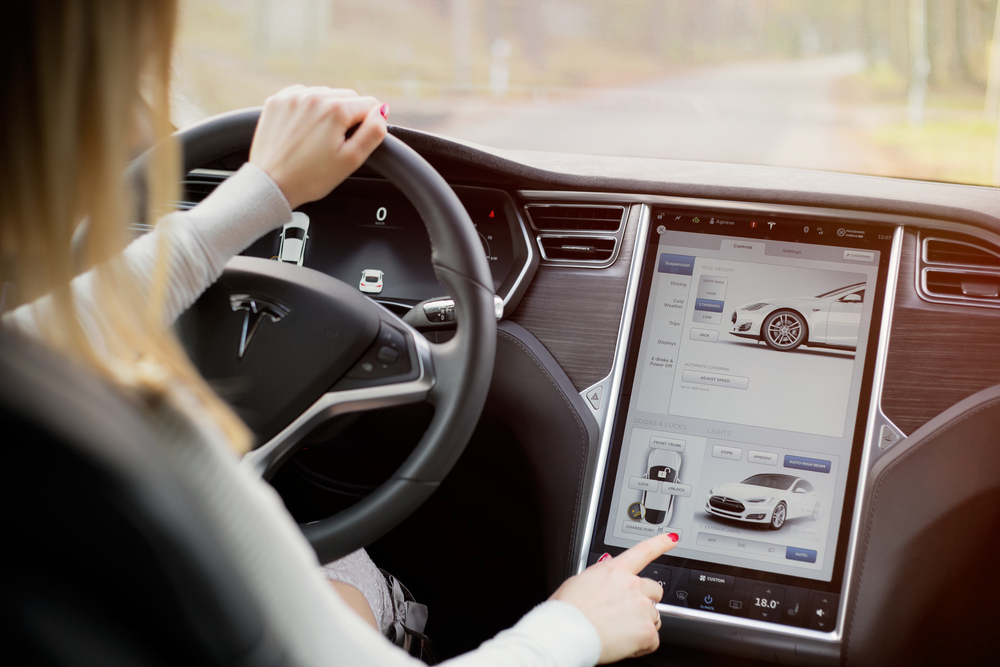
Luxury cars often include cutting-edge technology, premium materials, and superior craftsmanship not found in regular cars. Features like advanced driver-assistance systems, premium leather interiors, and high-end sound systems make luxury cars distinct in terms of comfort and innovation.
Luxury cars have more expensive parts that are hard to replace.

While luxury car parts can sometimes be more costly due to their specialized nature, many parts are now mass-produced and available at reasonable prices. Additionally, certified repair centers and mechanics have become more widespread, making replacement parts easier to source.
You can’t customize luxury cars.
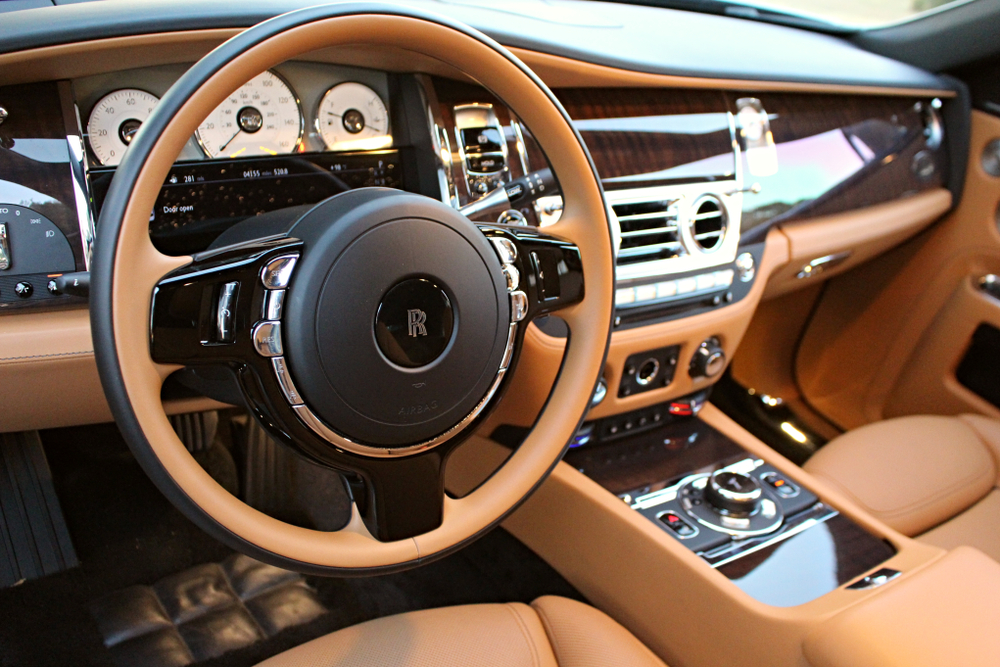
On the contrary, luxury cars often offer more customization options than standard vehicles. Buyers can choose everything from bespoke interior finishes to advanced technology packages, making their luxury car unique and tailored to personal preferences.
Luxury cars aren’t eco-friendly.
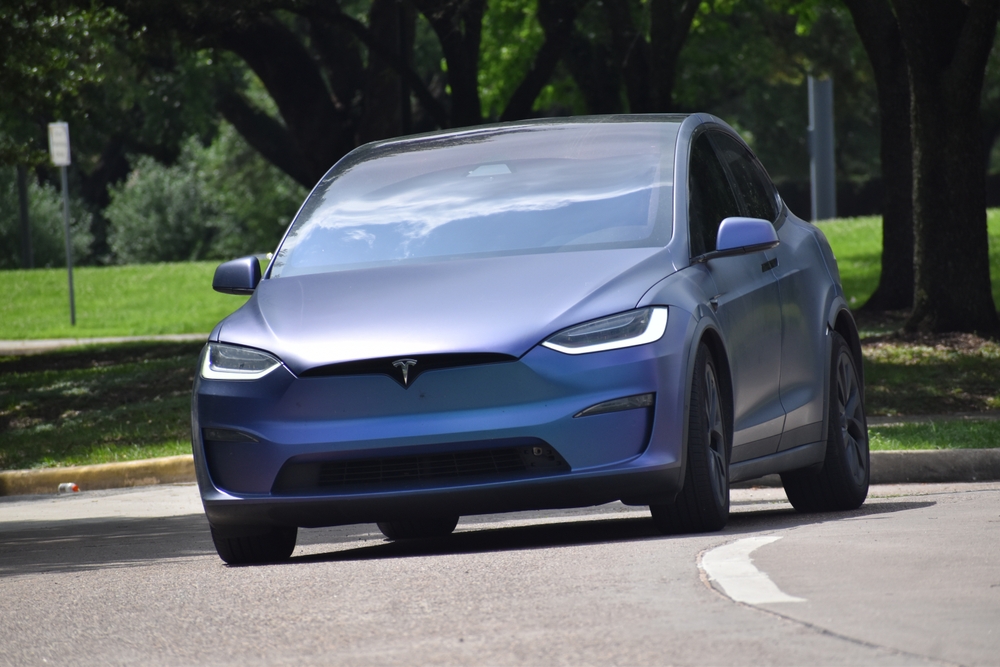
Many luxury brands now prioritize sustainability and offer eco-friendly models. Tesla is a leading example with its electric luxury cars, while brands like BMW and Mercedes-Benz have developed hybrid models that offer both luxury and environmental responsibility.
Luxury cars are built for style, not performance.
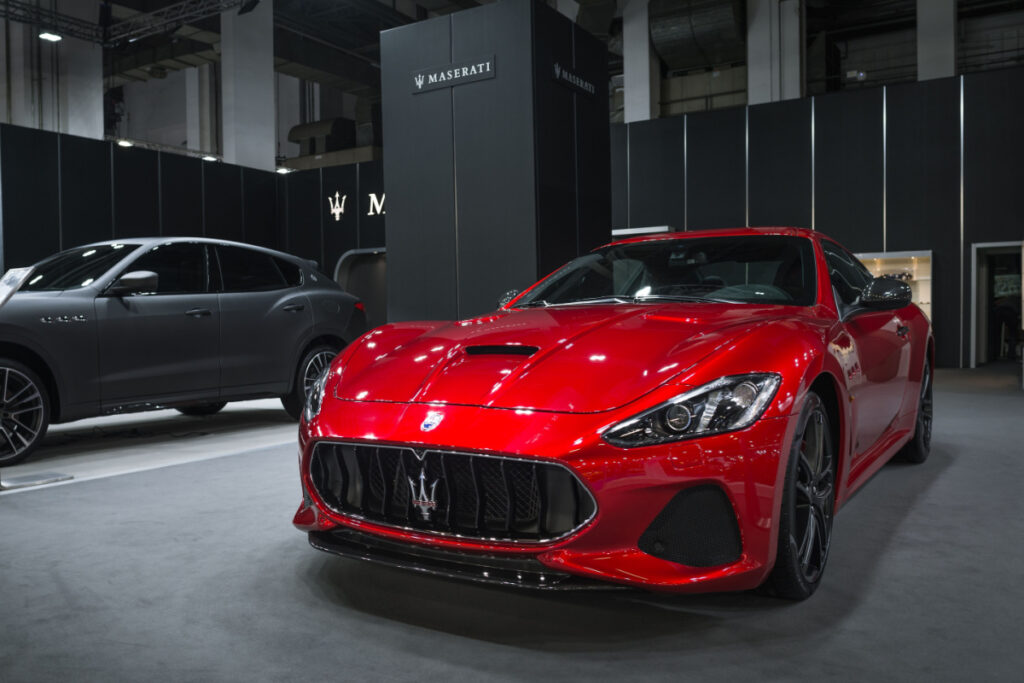
Luxury cars are often engineered with performance in mind. Many come with powerful engines, precision handling, and advanced aerodynamics. Brands like Porsche, BMW, and Maserati are renowned for combining luxury with top-tier performance, making these cars as powerful as they are stylish.
Luxury cars are too fragile for everyday use.

Luxury cars are built to last, with durable materials and solid construction. Many luxury SUVs and sedans are designed for daily use, featuring all-weather capabilities and advanced safety systems, making them suitable for a range of driving conditions.
This article originally appeared in MyCarMakesNoise.
More from MyCarMakesNoise
The 16 Fastest Buell Motorcycles, Ranked by Top Speed

Buell motorcycles are renowned for their speed and performance, pushing the boundaries of engineering. From track-ready models to street bikes, these motorcycles have set impressive speed records. Read More
20 Pilot-Approved Commercial Planes That Stand Out

Choosing the right commercial aircraft can make a significant difference in your flying experience. According to a veteran pilot, some planes stand out for their comfort, reliability, and performance. Read More
Avoid These 20 Mistakes to Keep Your Car Safe from Break-Ins

Keeping your car safe from break-ins requires more than just locking the doors. Simple mistakes can make your vehicle an easy target for thieves. Read More

